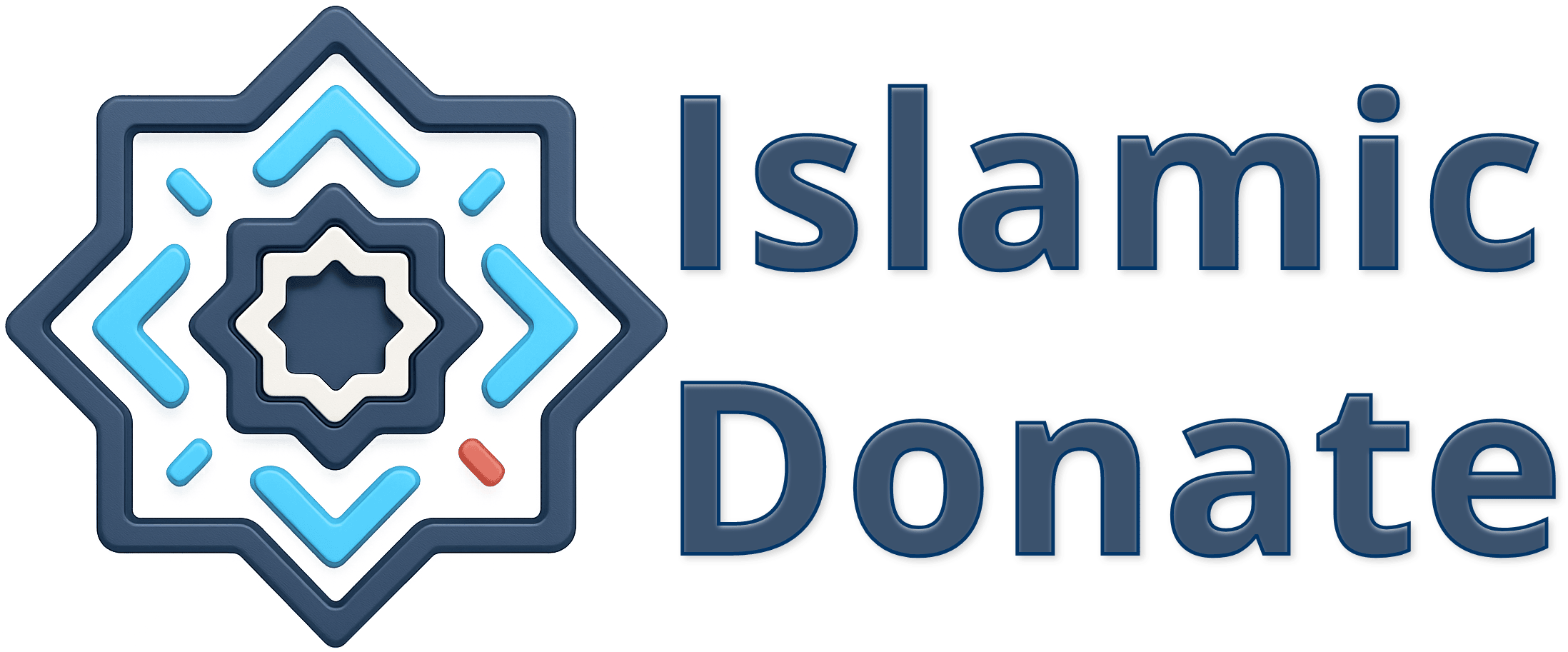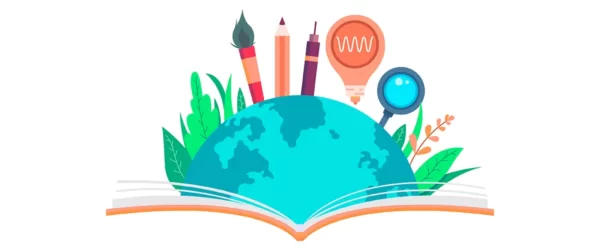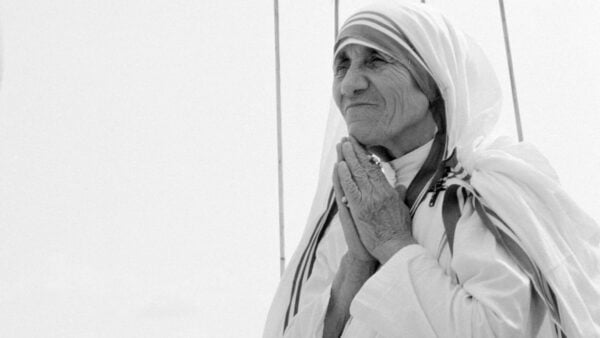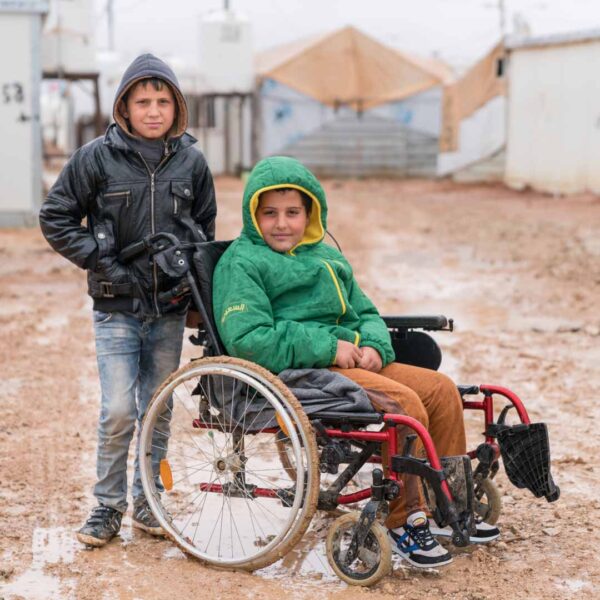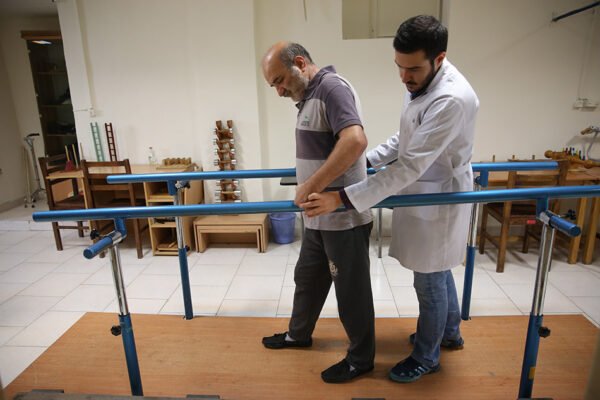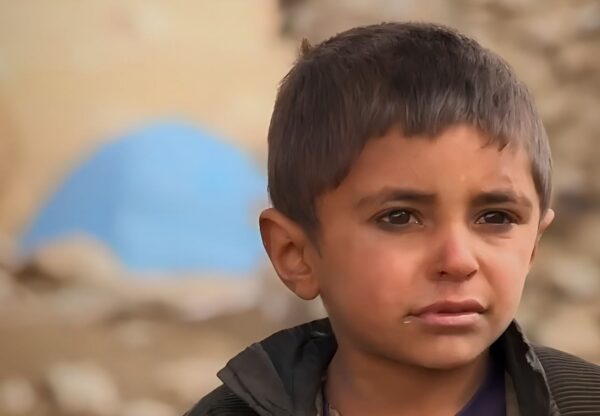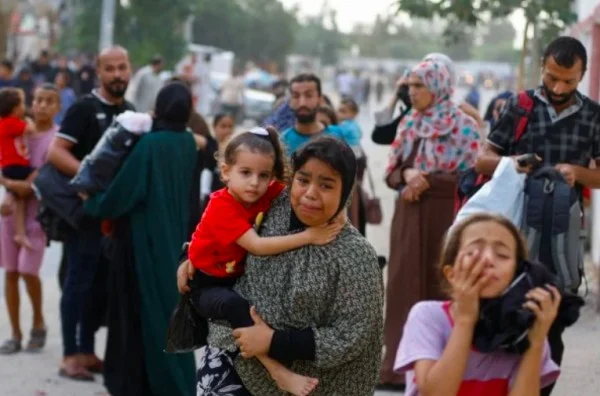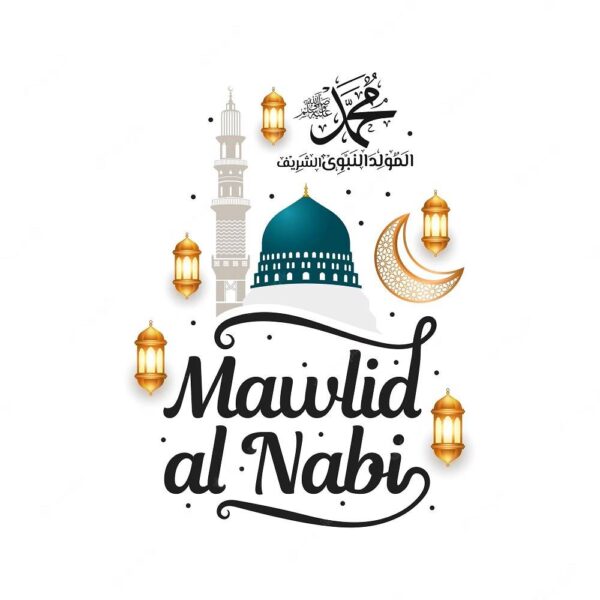I am so happy to be a part of our islamic charity team and to share with you some insights about International Literacy Day. This is a special day that celebrates the importance of reading and writing for everyone, especially for those who are less fortunate and face many challenges in their lives. As a Muslim, I believe that literacy is not only a skill but also a blessing from Allah, who revealed the Quran as a guidance and a mercy for mankind. In this article, I will tell you more about the origin, purpose, and significance of International Literacy Day, and how we as an Islamic charity can contribute to this noble cause.
What is International Literacy Day?
International Literacy Day is a global observance that was declared by the United Nations Educational, Scientific and Cultural Organization (UNESCO) in 1966. It is celebrated every year on September 8 to raise awareness and remind people of the importance of literacy as a human right and as a foundation for lifelong learning. According to UNESCO, literacy is the ability to identify, understand, interpret, create, communicate and compute, using printed and written materials associated with varying contexts. Literacy involves a continuum of learning in enabling individuals to achieve their goals, to develop their knowledge and potential, and to participate fully in their community and wider society.
Why is International Literacy Day important?
International Literacy Day is important because it reminds us of the challenges and opportunities that exist in the world of literacy. Despite the progress made in recent decades, there are still millions of people who lack basic literacy skills. According to UNESCO, at least 773 million adults and 258 million children were illiterate in 2020. Most of them live in developing countries, where they face poverty, discrimination, violence, and exclusion. Illiteracy affects not only individuals but also communities and societies. It limits people’s access to information, education, health, employment, justice, and democracy. It also hinders people’s ability to cope with the changing and complex demands of the modern world.
On the other hand, International Literacy Day also celebrates the achievements and benefits of literacy. Literacy empowers people to improve their lives and their communities. It enables people to acquire knowledge, skills, values, and attitudes that are essential for personal and professional development. It also fosters social inclusion, intercultural dialogue, peace, and sustainability. Literacy is a key driver for achieving the Sustainable Development Goals (SDGs), which are a set of 17 global goals that aim to end poverty, protect the planet, and ensure prosperity for all by 2030.
What is the theme of International Literacy Day 2023?
The theme of International Literacy Day 2023 is “Promoting literacy for a world in transition: Building the foundation for sustainable and peaceful societies”. This theme reflects the current challenges and opportunities that we face in a rapidly changing world. We live in an era of globalization, digitalization, migration, urbanization, environmental degradation, and social unrest. These changes affect our lives in many ways and require us to adapt and learn new skills and competencies. Literacy is a crucial tool that can help us navigate these changes and create positive outcomes for ourselves and others.
The theme of International Literacy Day 2023 also highlights the role of literacy in promoting inclusion, peace, and sustainability. These are three core values that are essential for building harmonious and prosperous societies that respect human dignity and diversity. As Muslims, we believe that these values are also aligned with our faith and teachings. Islam teaches us to seek knowledge from the cradle to the grave, to respect all people regardless of their race or religion, to promote justice and peace among ourselves and others, and to care for the environment as a trust from Allah.
How can we as an Islamic charity support International Literacy Day?
As an Islamic charity team, we have a great opportunity and responsibility to support International Literacy Day and its objectives. We can do this by:
- Raising awareness about the importance of literacy among our donors, beneficiaries, partners, and communities. We can use various platforms such as social media, newsletters, blogs, podcasts, webinars, etc., to share information, stories, resources, and best practices related to literacy.
- Providing financial support to literacy projects that target the most vulnerable and marginalized groups in society. We can donate or fundraise for organizations that work on literacy education for children, women, refugees, minorities, prisoners, etc., who often face multiple barriers to access quality education.
- Volunteering or mentoring for literacy initiatives that aim to improve literacy skills among adults or youth. We can offer our time or expertise to help individuals or groups who want to learn how to read or write better or who want to improve their digital or financial literacy skills.
- Participating or organizing literacy events or activities that celebrate or promote literacy in our local or global context. We can join or host book clubs, reading circles, writing workshops, storytelling sessions,
poetry slams, book fairs, literacy festivals, etc., that can inspire or motivate us and others to enjoy and appreciate the power of words and stories.
I hope this article has given you some insights and ideas about International Literacy Day and how we as an Islamic charity can support this noble cause. I invite you to join me and our team in celebrating and promoting literacy for a world in transition. Together, we can make a difference and build the foundation for sustainable and peaceful societies. May Allah bless you and guide you always.

